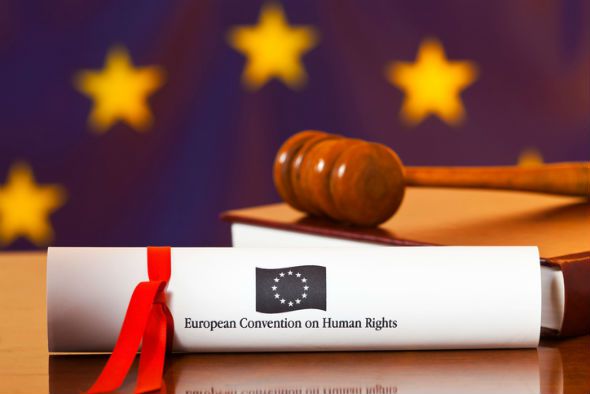By: Dr. Aleydis Nissen, Leiden Law School and the Free Universities of Brussels
In 2010, the United States created two highly innovative legal obligations to ensure corporate respect for human rights. This post explains that not much is left of these obligations nowadays, and directs the reader to my new book to learn more about how the United States has inspired the European Union to adopt similar regulations, but with more impact.
Even before the United Nations Guiding Principles on Business and Human Rights were adopted in 2011, the United States had already innovated in the field of business and human rights. The Dodd-Frank Act of 2010 was one of the first legislative initiatives to protect human rights from corporate abuse abroad since the import prohibitions on products of slavery in section 307 of the Tariff Act of 1930.
Sections 1502 and 1504 of the Dodd-Frank Act outline the relevant obligations. First, section 1502 requires companies listed in the United States to disclose whether they use tin, tungsten, tantalum, or gold and whether these minerals originate in the Democratic Republic of the Congo or an adjoining country. These minerals are often dubbed ‘conflict minerals’ because of their exploitation and trade finance conflict. If corporations identify that they use these conflict minerals, they need to file a Conflict Minerals Report describing the due diligence undertaken. Second, the lesser-studied section 1504 introduces transparency obligations regarding payments made by oil, gas, and mining corporations that are listed in the US to governments all over the world. Such regulation is based on the idea that enhanced transparency of corporate payments may help citizens to evaluate whether the exploitation delivers adequate value to them. While – as I explain in my book – both measures might not entirely fulfill their aims, they were highly innovative at the time.
In more recent years, however, the United States has minimized the impacts of its efforts. First, following complaints by industry associations, an Appeals Court found that section 13(p)(1) of the Exchange Act – added by Section 1502 US Dodd-Frank Act – and implementing Rule 240.13p-1 violated corporations’ free speech rights. As a result, the Securities and Exchange Commission’s (SEC) Division of Corporation Finance determined that companies only need to report the reasonable country of origin inquiry and whether any of its conflict minerals (may have) originated from a covered country in its Special Disclosure form. In addition, while Rule 240.13p-1 requires that a Special Disclosure form is filed, filing the Conflict Minerals Report is voluntary. In practice, most corporations declare their conflict minerals to be ‘indeterminable.’
Second, the first version of Rule 13q-1 was voided by Congress under the Congressional Review Act in 2017 in a joint resolution signed by former President Donald Trump. The aim was to lessen the regulatory burden facing corporations. The next version of Rule 240.13q-1 also did not see the light of day because it imposed compliance costs on American energy corporations. They would be easily undercut by foreign competitors. In response, the SEC made the impact of the most recent Rule 13q-1 (2020) less stringent. This version allows corporations to aggregate the payments, instead of specifying individual payments to governments for each project in the Specialized Disclosure Form. Industry associations and the SEC’s division of Corporate Finance might still be in favor of another review.
Even though the impacts of Sections 1502 and 1504 have been substantially weakened, both provisions have made a world of difference. Most importantly, they have inspired the European Union to adopt its own version of both regulations. In my book, I explain why the European Union is much less concerned about the free speech and short-term competitive disadvantage of its corporations. The European Union is in it for the long haul and understands that a steady supply of critical materials is important for the innovation capacity of the European Union. The Biden administration might take the United States in the same direction.
Aleydis Nissen is a researcher at Leiden Law School and the Free Universities of Brussels (with the generous support of FWO and F.R.S.-FNRS). Her book The European Union, Emerging Global Business and Human Rights is published by Cambridge University Press in November. See: www.emergingbhr.eu and www.aleydisnissen.com




